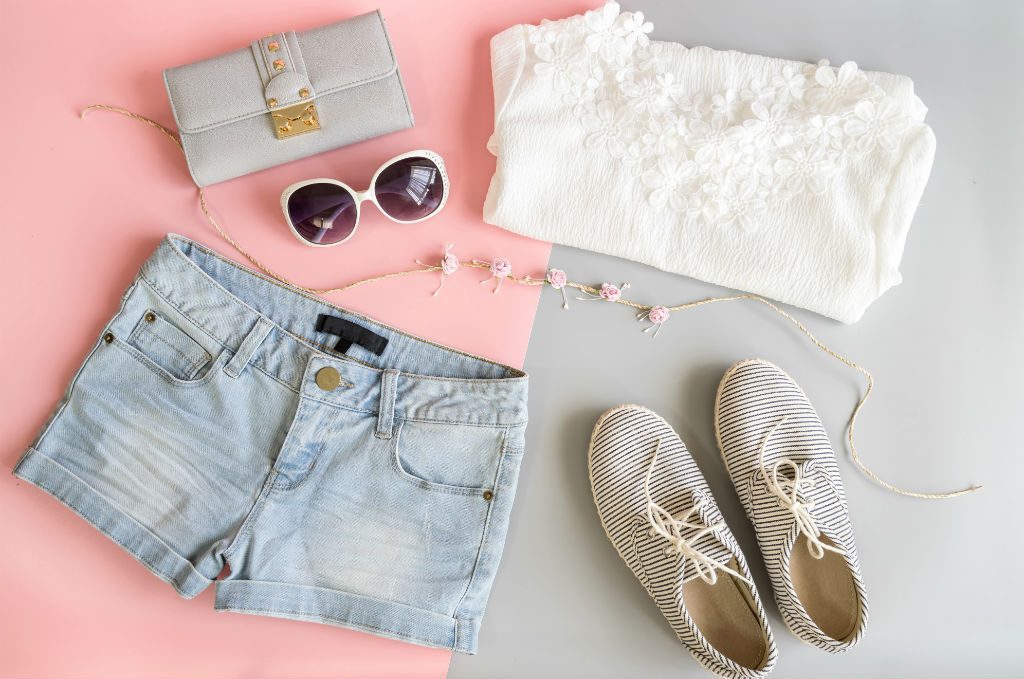When it comes to sustainable fashion and identifying who’s naughty and who’s nice, it’s hard to know who’s on what list. Most brands have cottoned on to consumers’ interests in sustainability and they know how to play the game. Words like ‘organic’ and ‘home grown’ suggest to the consumer that their goods are made sustainably, but they’re just greenwashing tactics to cover up the real picture of their production. I’ve picked out a few of the brands you should avoid below, explained why they’re on the naughty list for now, and suggested some sustainably made alternatives.
1. Bonds
Bonds mass produces its products for the world offshore and without any real commitment to supply chain transparency, ethical production or sustainable fabric sourcing. The brand has not committed to paying its staff a living wage (according to Oxfam) and Good on You app has given Bonds two stars and a rating of ‘not good enough’, saying that it does not communicate sufficient information about its environmental policies.
Shop instead: See my full list of ethically made underwear here.
2. Kmart, BIGW, Target and Best & Less
It may seem harsh that I’m putting these four together, but they’re all as bad each other. None of the brands are committed to paying a living wage (which should not come as a surprise considering their price point) and the quality of their products are questionable (which means they’ll end up in the bin soon after purchase). When these brands do make claims in relation to sustainability they’re often in relation to specific fabrics or specific ranges which is a start, but it’s not nearly enough.
Shop instead: Woolerina for ethically produced staples, Citizen Wolf for a tailored tee, and Nobody Denim or Outland Denim for jeans. Check out this list for ethical and affordable staples.
3. H&M
According to Oxfam, H&M has not committed to paying a living wage to its staff and the prices of its clothes encourage fast fashion and a throw-away mentality. While the brand claims to be making efforts in sustainability, their garment makers continue to suffer. In 2018, the brand was accused of turning a blind eye to the plight of garment workers in South India, 100 of whom have died over the last year, many in suspected suicides. The brand has public wage information on its website, where it boasts paying 39% more than the minimum wage in India – a whopping US$142 per month. That’s well and truly less than a dollar an hour and it’s not enough to live on.
Shop instead: See my full list of sustainable staples here.
4. Myer and David Jones own brands
There are loads of great sustainable brands stocked in Myer and David Jones, but their own brands (like Miss Shop) are not them. Myer and David Jones have both been in trouble for not paying living wages and the quality of their own brands well below the others that they stock.
Shop instead: Australian made labels that are stocked at Myer and David Jones such as Cue Clothing, Veronika Maine, Nobody Denim and more.
5. Jay Jays, Just Jeans and Peter Alexander
These three brands are owned by Just Group and are all on the same list when it comes to ethical and sustainable production – the naughty list, that is. They have not committed to paying a living wage to their employees according to Oxfam, and the quality of their products (Jay Jays especially) is well below what you should be aiming for.
Shop instead: Check out this list for sustainable sleepwear, and this list for ethically and sustainably made denim.



